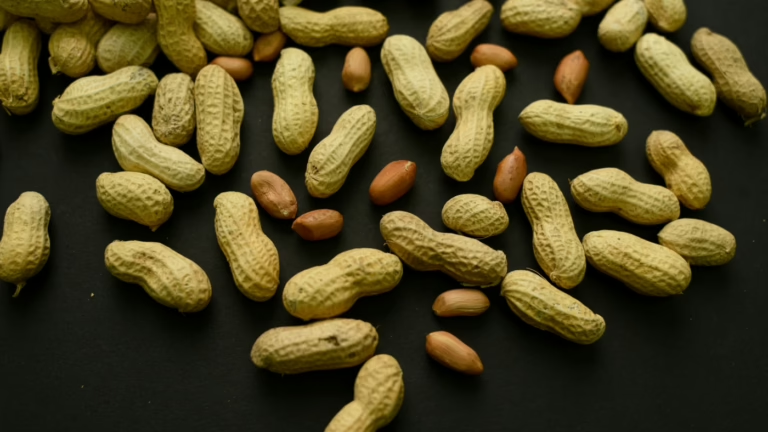Studies indicate a drop in peanut allergy cases among children after updated recommendations encouraged early peanut exposure.
Patrick Sison/AP
hide caption
toggle caption
Patrick Sison/AP
For decades, caregivers were advised to avoid giving infants peanuts to prevent allergic reactions. However, a pivotal study published ten years ago revealed that introducing peanut-containing foods early in infancy significantly reduces the likelihood of developing peanut allergies.
This groundbreaking evidence prompted a swift change in pediatric recommendations, which has contributed to peanuts no longer being the leading cause of food allergies among American children under three, as highlighted in a recent article in the journal Pediatrics.
“Introducing allergens early is effective,” explains Dr. David Hill, the study’s principal investigator. “For the first time in recent memory, we’re seeing progress in curbing the rise of food allergies nationwide.”
Food allergies have dramatically influenced American eating habits, leading to peanut bans in schools and camps, and airlines discontinuing complimentary nut snacks. A 2015 report in The New England Journal of Medicine documented a fourfold increase in peanut allergies among U.S. children, rising from 0.4% in 1997 to over 2% by 2010.
Following updates to national health guidelines in 2015 and 2017, Dr. Hill, a pediatric allergist at the Children’s Hospital of Philadelphia and assistant professor at the University of Pennsylvania, observed a reversal in this trend.
“We recorded a 43% decline in peanut allergy rates and a 36% decrease in overall food allergies,” Hill states, estimating that these revised recommendations have prevented peanut allergies in at least 40,000 children over the past decade.
The turning point came with a 2015 study investigating why peanut allergies were ten times more common among Jewish children in the U.K. compared to their Israeli counterparts, despite shared ancestry. Researchers discovered that while British and American parents avoided feeding peanuts to infants, many Israeli families regularly gave their babies a peanut puff snack called Bamba.
Current guidelines, including those in the Dietary Guidelines for Americans, now advise introducing peanut-containing foods to infants at high risk for allergies as early as 4 to 6 months old. This aligns with recommendations from the National Institute of Allergy and Infectious Diseases issued in 2017.
To assess the impact of these changes, Hill and his team analyzed health records from over 120,000 children across numerous pediatric clinics in the U.S., comparing food allergy rates before and after the updated guidance.
Dr. Corinne Keet, a pediatric epidemiologist at the University of North Carolina at Chapel Hill, finds the findings intriguing but urges caution. “I expected allergy diagnoses might increase due to heightened awareness over the past decade,” she notes, emphasizing that she was not involved in the study.
Keet points out that many families have been hesitant to fully adopt the new recommendations, often fearing that introducing peanuts to one child could pose risks to allergic siblings or adults in the household.
She also highlights the challenges in accurately measuring food allergy prevalence, contrasting this observational study with the landmark LEAP clinical trial, which followed hundreds of children over time to produce definitive results.
Dr. Hill acknowledges limitations in his research, such as reliance on diagnostic codes that may not perfectly reflect true allergy rates and the absence of detailed dietary data.
Nonetheless, he views the findings as encouraging evidence that early allergen introduction is making a meaningful difference. Since peanut allergies tend to persist lifelong, preventing them early has profound implications.
“Peanut allergy is notoriously persistent,” Hill explains. “Only about 10% of children with peanut allergies eventually outgrow them.”




















